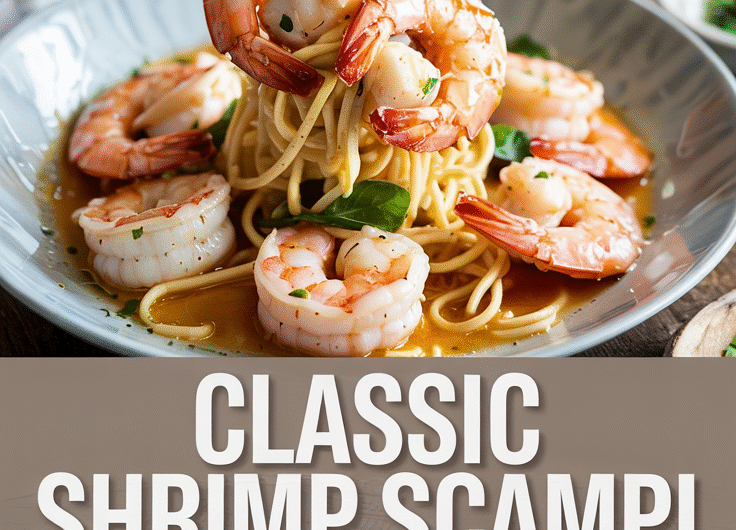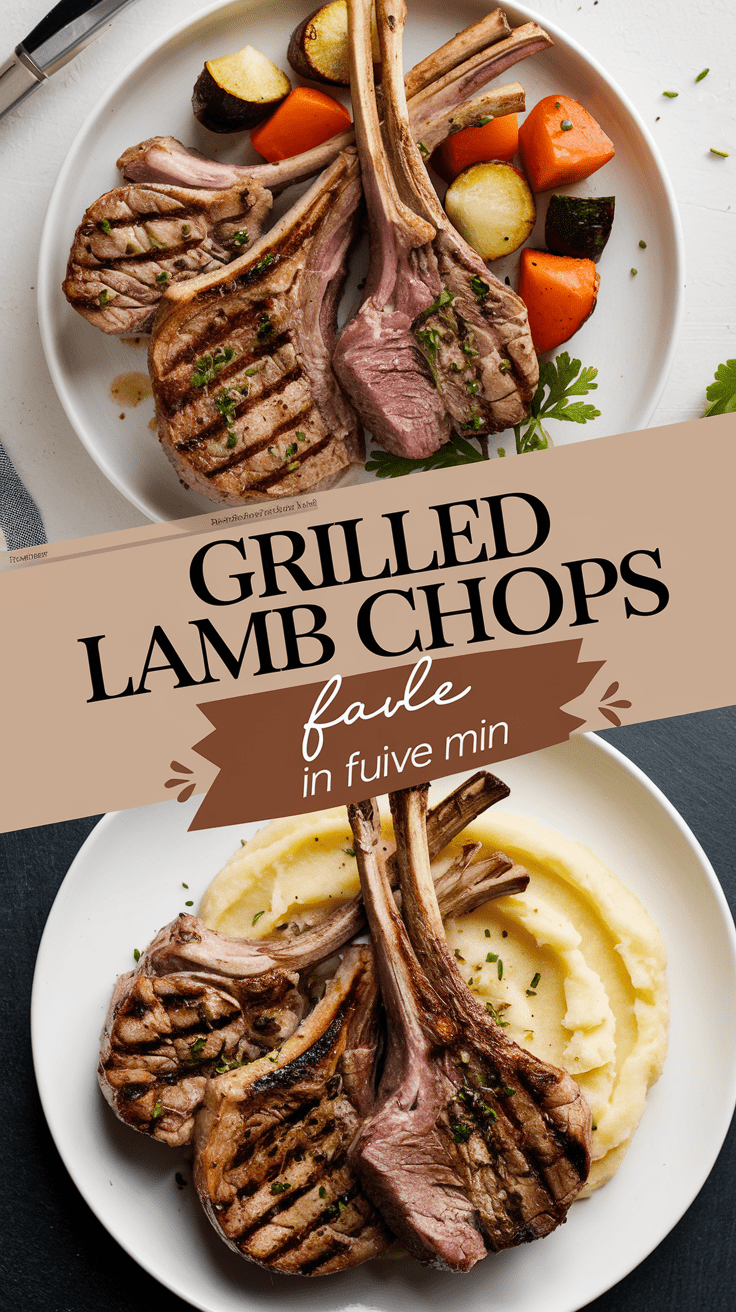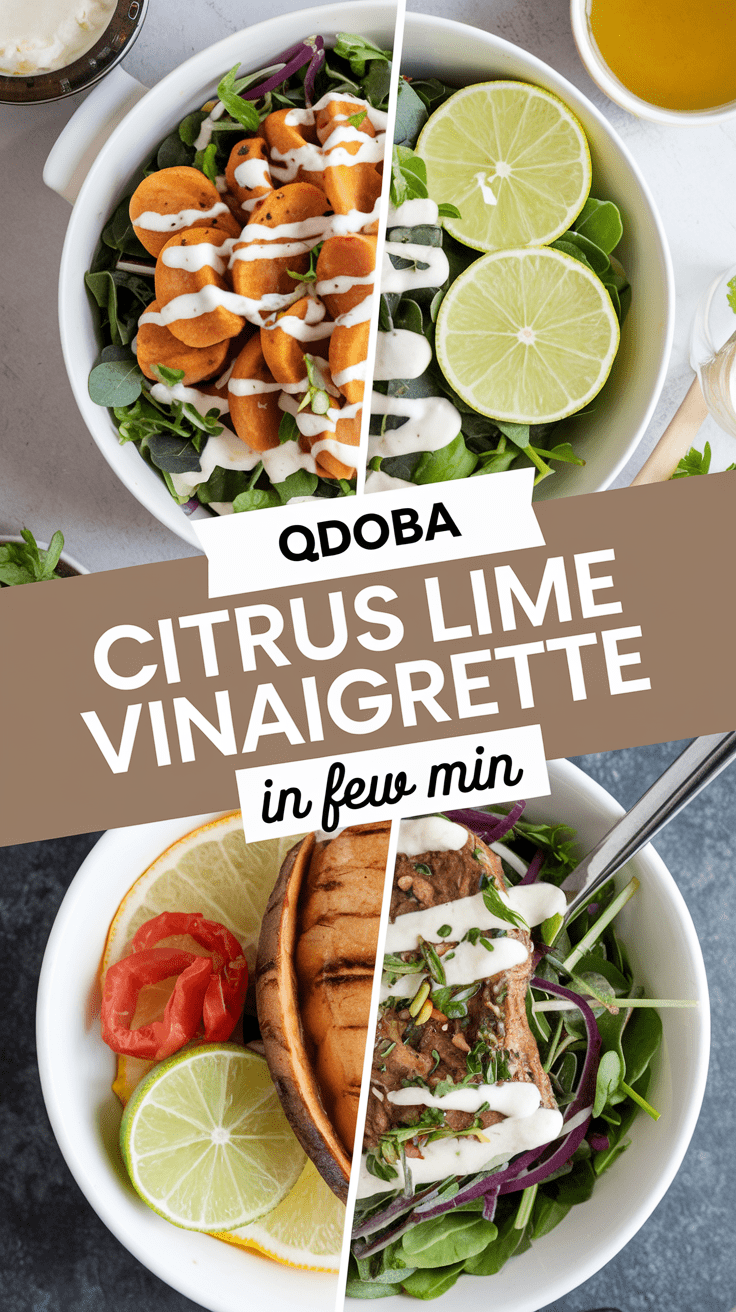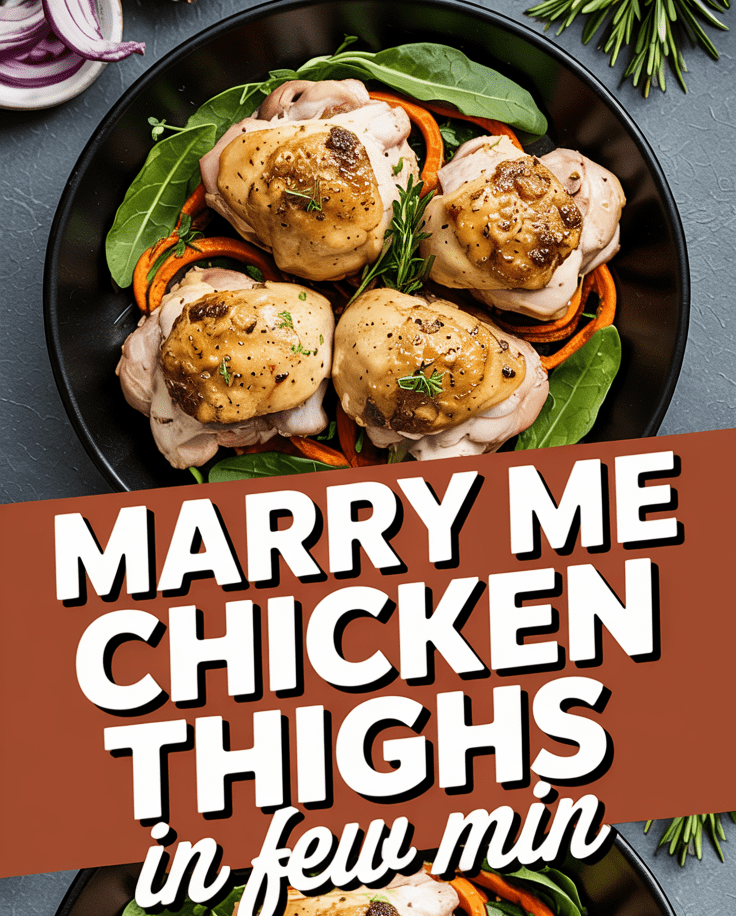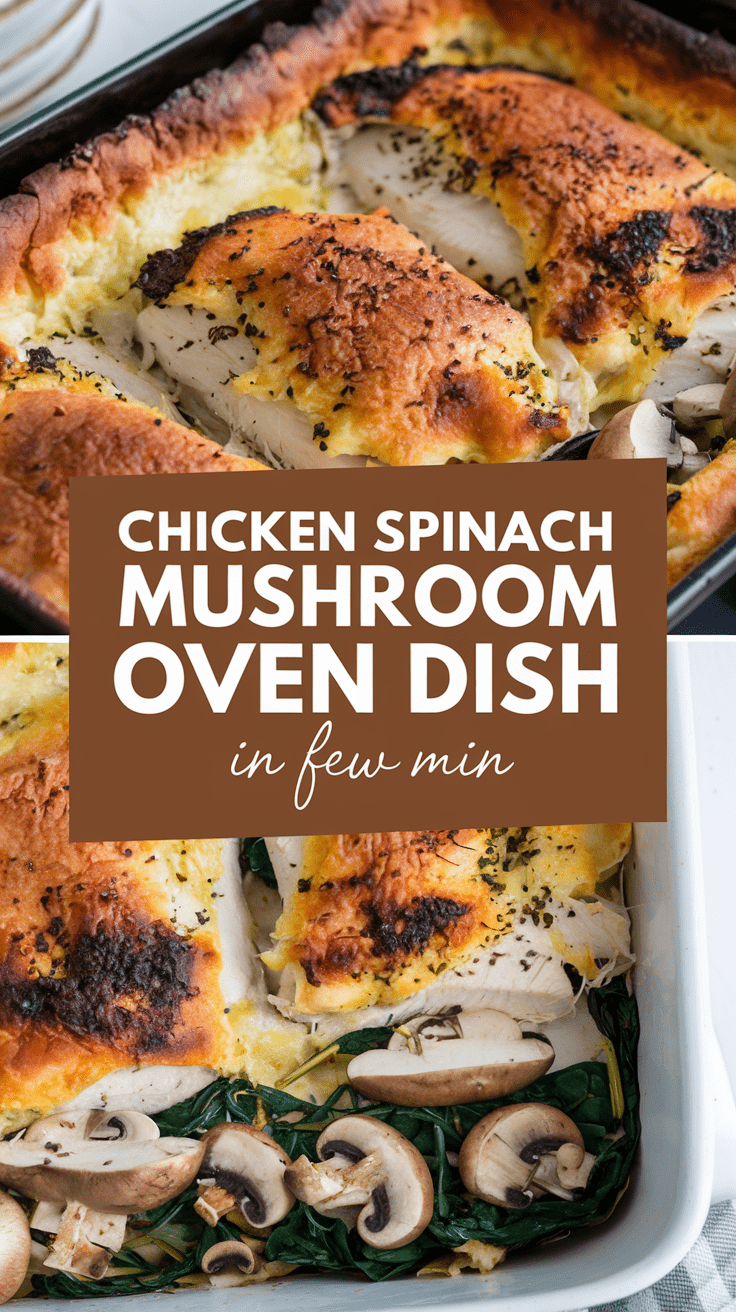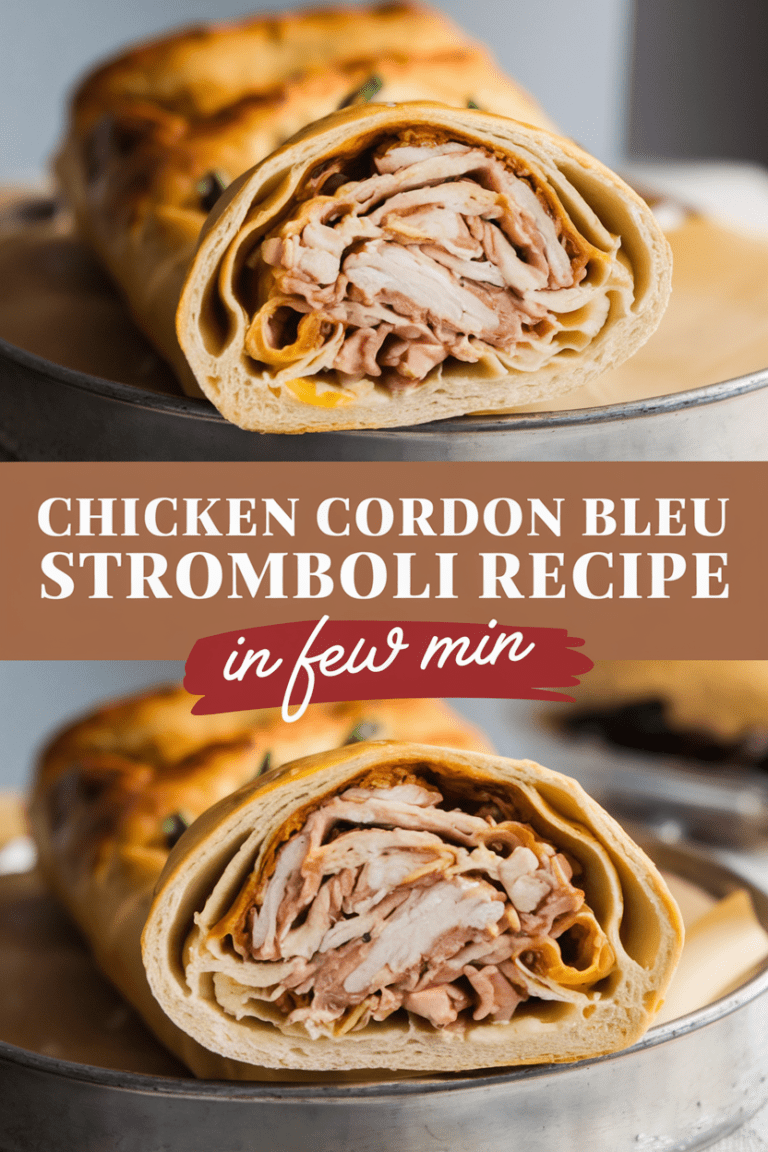Classic Shrimp Scampi Recipe
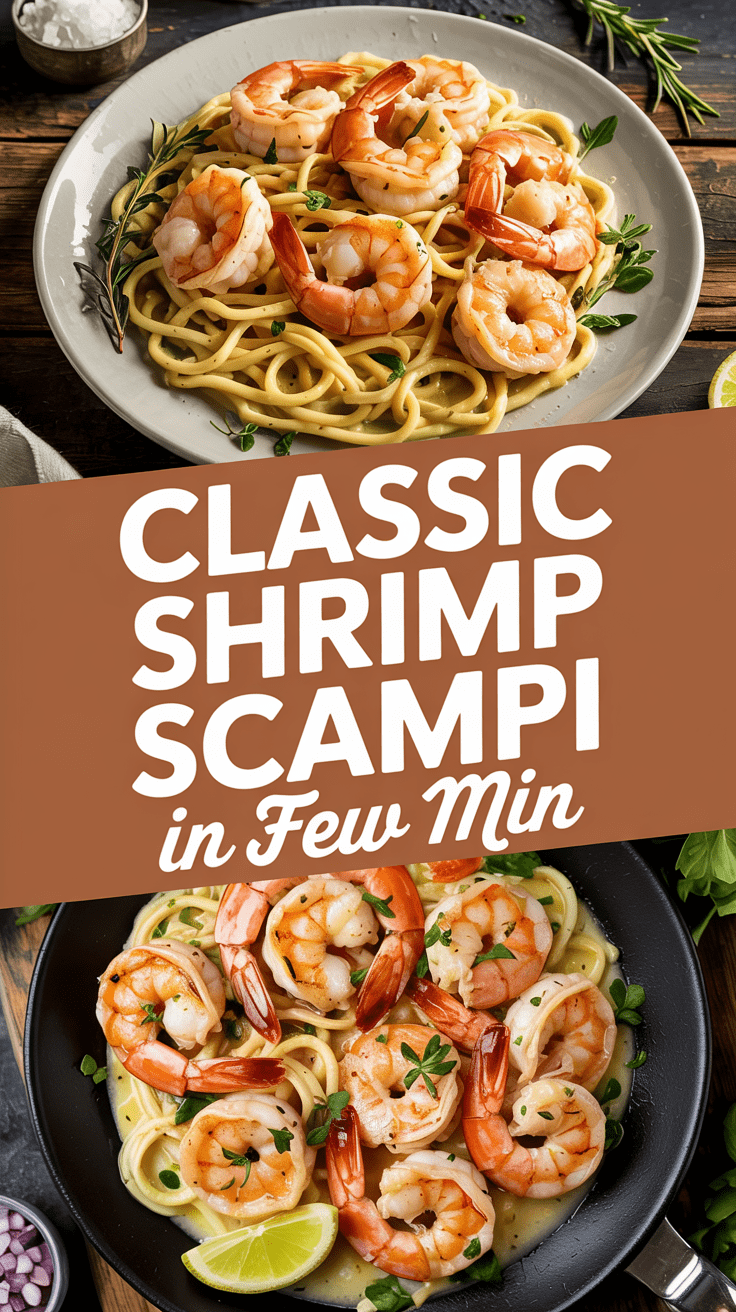
Shrimp scampi has a certain kind of magic to it. For me, it’s the combination of the upsides of both to the extremes of the deliciousness factor—the skimping, the garlic, the lemon’s refreshing touch, and the pasta that binds everything. Sometimes, the aroma coming from my kitchen reminds me of the best of gastronomy, inviting you to leave all household duties and take a bite right away. This is one of the dishes that you will feel ordering in a restaurant but might as well be at home, since the whole process is so simple that you will be wondering how come you have not been cooking it for so long already!
What Is Shrimp Scampi?
Shrimp scampi is a traditional Italian-American dish that consists of shrimp fried in a combination of butter, olive oil, and garlic, with white wine and lemon juice, often mixed with pasta or served alongside a baguette. “Scampi” comes from the name of a specific type of small lobster that inhabits the waters of Italy but even so, the name was the one that stuck to the popular buttery, garlicky shrimp dish in the United States.
Why This Recipe Is Special
You wouldn’t be wrong to call it just another shrimp pasta, but simply put, this recipe makes you feel like a pro chef without the struggle of sweating. The shrimp will be done in a flash, the sauce is practically spontaneous, and the outcome is a plate that could be from an inviting seaside bistro. I’ve served it to friends innumerable times, and each time someone would ask, “How come your dish is so good?” The answer is blending tastes—starting with garlic, then adding wine, lemon and finally mixing with butter, which gives you a smooth and luxurious sauce. It’s artless, but exceedingly gratifying!
Why You’ll Love This Recipe
- Quick & easy – Dinner will be on the table in less than 25 minutes.
- Restaurant flavor at home – Buttery, garlic, lemon, and well-balanced all at the same time.
- One-pan wonder – The little washing up means more time to enjoy it.
- Customizable – Goes well with pasta, rice, or even zucchini noodles.
- Impresses anyone – It’s upmarket for date-night, yet so uncomplicated for a Tuesday dinner.
Tools You’ll Need
You don’t need a fancy setup for this — just a few basics:
- Large skillet (12-inch / 30 cm) – Gives the shrimp enough room to cook evenly without crowding.
- Tongs – Perfect for flipping shrimp gently.
- Microplane or zester – For zesting the lemon to get that fresh, bright flavor.
- Measuring cups & spoons – Keeps your ratios perfect, especially for the sauce.
- Colander – If you’re serving it with pasta, you’ll need this to drain it.
- Wooden spoon – Ideal for stirring without scratching your pan.
Ingredients
Serves: 4
Prep Time: 10 minutes
Cook Time: 15 minutes
Total Time: 25 minutes
For the Shrimp Scampi:
- 1 pound (450 g) large shrimp, peeled and deveined
- 3 tablespoons (45 ml) unsalted butter, divided
- 2 tablespoons (30 ml) olive oil
- 4 cloves garlic, minced
- ½ teaspoon red pepper flakes (optional, for a light heat)
- ½ cup (120 ml) dry white wine or chicken broth
- 2 tablespoons (30 ml) fresh lemon juice
- 1 teaspoon lemon zest
- Salt and pepper, to taste
- 2 tablespoons (8 g) fresh parsley, chopped
Optional (if serving with pasta):
- 8 ounces (225 g) linguine or spaghetti
- Extra butter or olive oil, for coating
Step-by-Step Instructions
1. Prep the Shrimp
Patting the shrimp with paper towels is a good idea. It lets them get a nice brown color on the outside rather than turning pale from boiling. Give them a little salt and pepper. Tip: Wet shrimp = no golden crust, so if you are in a hurry, just dry them with a paper towel.
2. Cook the Pasta (if using)
Put a big pot full of salted water on the stove and set it to boil before adding your pasta. Drain after cooking it, and to avoid clumping, mix a bit of olive oil with it and then set aside.
3. Sauté the Garlic
A large frying pan should be heated on medium with the olive oil and then butter (2 tbsp). Add the minced garlic when the fat is melted and crackling. Sauté for about half a minute and then add a bit of salt and pepper. Don’t let it brown, or it’ll lose its flavor and become bitter. You will detect the garlic aroma as soon as it’s done cooking. That’s your signal to act quickly.
4. Add the Shrimp
Put shrimp into one layer only. Fry each side for around 2 minutes until they change color to pink and become opaque. Take the shrimp out of the pan and reserve.
5. Deglaze with Wine
Add the white wine (or broth) and let it boil for a couple of minutes. Using your spoon, get the little bits of food off that are stuck on the bottom of the pan—those are exactly what you want for your sauce.
6. Add Lemon and Butter
Incorporate the juice from the lemon, the zest, and the last tablespoon of butter. The sauce should not only look shiny but also smell great.
7. Return the Shrimp
Reintroduce the shrimp into the skillet, stir them gently in the sauce, and heat for 1-2 minutes only. Add parsley and red pepper flakes (if you are using). Taste and adjust salt or lemon according to your preference.
8. Toss with Pasta or Serve
In case you are cooking pasta, let it go right into the pan all covered with the sauce. If not, then plate the shrimp and sauce over rice or serve with toasted bread for dipping.
Serving Ideas
- With the linguine for a restaurant-style classic.
- Put it on top of rice or couscous for a quick meal.
- With crusty bread to soak up that buttery sauce.
- Pasta shrimp dishes are one of the most delightful and delicious ideas.
Variations & Customizations
- Add veggies: Toss in baby spinach, cherry tomatoes, or asparagus.
- Make it creamy: Stir in a splash of heavy cream or half-and-half.
- Go spicy: Double the red pepper flakes or add a pinch of cayenne.
- Garlic lover’s twist: Roast extra garlic and mash it into the sauce.
- Low-carb version: Swap pasta for zucchini noodles or cauliflower rice.
Storage & Make-Ahead Tips
- Refrigerate: Store leftovers in an airtight container for up to 2 days.
- Reheat: Warm gently in a skillet over low heat; add a splash of water or broth to loosen the sauce.
- Freeze: Not ideal, as shrimp can get rubbery, but you can freeze the sauce separately.
- Make ahead: You can prep the garlic, zest, and cleaned shrimp up to a day ahead.
Pro Tips & Mistakes to Avoid
- Don’t overcook shrimp – They only need a few minutes; overcooked shrimp turn rubbery fast.
- Use fresh lemon juice – Bottled juice can dull the flavor.
- Balance the butter – Too much can make the sauce greasy.
- Don’t skip the deglaze – That’s where the deep flavor comes from.
- Taste before serving – A quick adjustment of salt or acid makes all the difference.
One of my favorite secrets? Reserve a spoonful of the pasta water to mix into the sauce — it helps it cling beautifully to the noodles.
Nutrition (Per Serving)
- Calories: 380
- Protein: 28 g
- Fat: 20 g
- Carbs: 22 g
- Fiber: 2 g
- Sodium: 720 mg
Final Thoughts
If you’ve never made shrimp scampi before, this is your sign to try it. It’s quick, flavorful, and feels special without needing a ton of effort. Every bite bursts with garlicky butter and lemon — a little taste of the coast, right at your dinner table.
Classic Shrimp Scampi Recipe
4
servings10
minutes15
minutes380
kcalShrimp scampi is a traditional Italian-American dish that consists of shrimp fried in a combination of butter, olive oil, and garlic, with white wine and lemon juice, often mixed with pasta or served alongside a baguette. “Scampi” comes from the name of a specific type of small lobster that inhabits the waters of Italy but even so, the name was the one that stuck to the popular buttery, garlicky shrimp dish in the United States.
Ingredients
For the Shrimp Scampi:
1 pound (450 g) large shrimp, peeled and deveined
3 tablespoons (45 ml) unsalted butter, divided
2 tablespoons (30 ml) olive oil
4 cloves garlic, minced
½ teaspoon red pepper flakes (optional, for a light heat)
½ cup (120 ml) dry white wine or chicken broth
2 tablespoons (30 ml) fresh lemon juice
1 teaspoon lemon zest
Salt and pepper, to taste
2 tablespoons (8 g) fresh parsley, chopped
Optional (if serving with pasta):
8 ounces (225 g) linguine or spaghetti
Extra butter or olive oil, for coating
Directions
- Prep the Shrimp
- Patting the shrimp with paper towels is a good idea. It lets them get a nice brown color on the outside rather than turning pale from boiling. Give them a little salt and pepper. Tip: Wet shrimp = no golden crust, so if you are in a hurry, just dry them with a paper towel.
- Cook the Pasta (if using)
- Put a big pot full of salted water on the stove and set it to boil before adding your pasta. Drain after cooking it, and to avoid clumping, mix a bit of olive oil with it and then set aside.
- Sauté the Garlic
- large frying pan should be heated on medium with the olive oil and then butter (2 tbsp). Add the minced garlic when the fat is melted and crackling. Sauté for about half a minute and then add a bit of salt and pepper. Don’t let it brown, or it’ll lose its flavor and become bitter. You will detect the garlic aroma as soon as it’s done cooking. That’s your signal to act quickly.
- Add the Shrimp
- Put shrimp into one layer only. Fry each side for around 2 minutes until they change color to pink and become opaque. Take the shrimp out of the pan and reserve.
- Deglaze with Wine
- Add the white wine (or broth) and let it boil for a couple of minutes. Using your spoon, get the little bits of food off that are stuck on the bottom of the pan—those are exactly what you want for your sauce.
- Add Lemon and Butter
- Incorporate the juice from the lemon, the zest, and the last tablespoon of butter. The sauce should not only look shiny but also smell great.
- Return the Shrimp
- Reintroduce the shrimp into the skillet, stir them gently in the sauce, and heat for 1-2 minutes only. Add parsley and red pepper flakes (if you are using). Taste and adjust salt or lemon according to your preference.
- Toss with Pasta or Serve
- In case you are cooking pasta, let it go right into the pan all covered with the sauce. If not, then plate the shrimp and sauce over rice or serve with toasted bread for dipping.
Notes
- Don’t overcook shrimp – They only need a few minutes; overcooked shrimp turn rubbery fast.
Use fresh lemon juice – Bottled juice can dull the flavor.
Balance the butter – Too much can make the sauce greasy.
Don’t skip the deglaze – That’s where the deep flavor comes from.
Taste before serving – A quick adjustment of salt or acid makes all the difference.
One of my favorite secrets? Reserve a spoonful of the pasta water to mix into the sauce — it helps it cling beautifully to the noodles.


